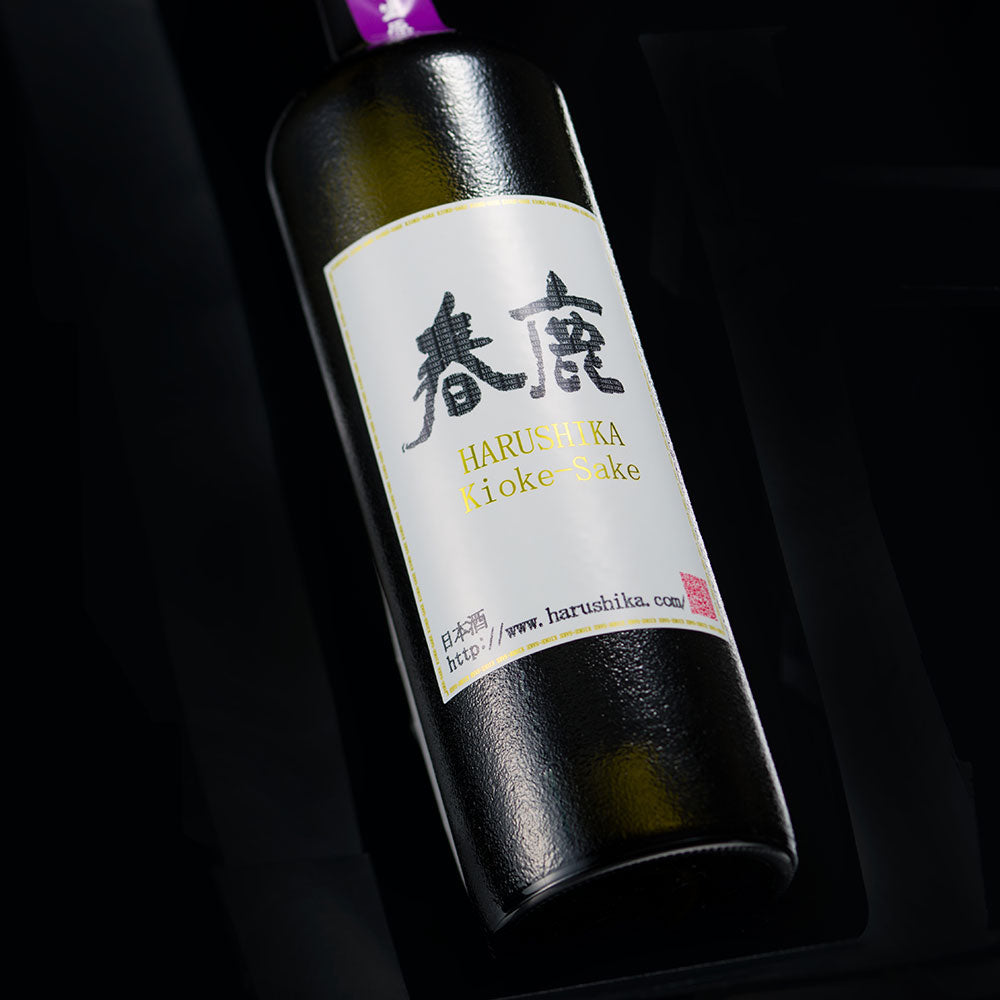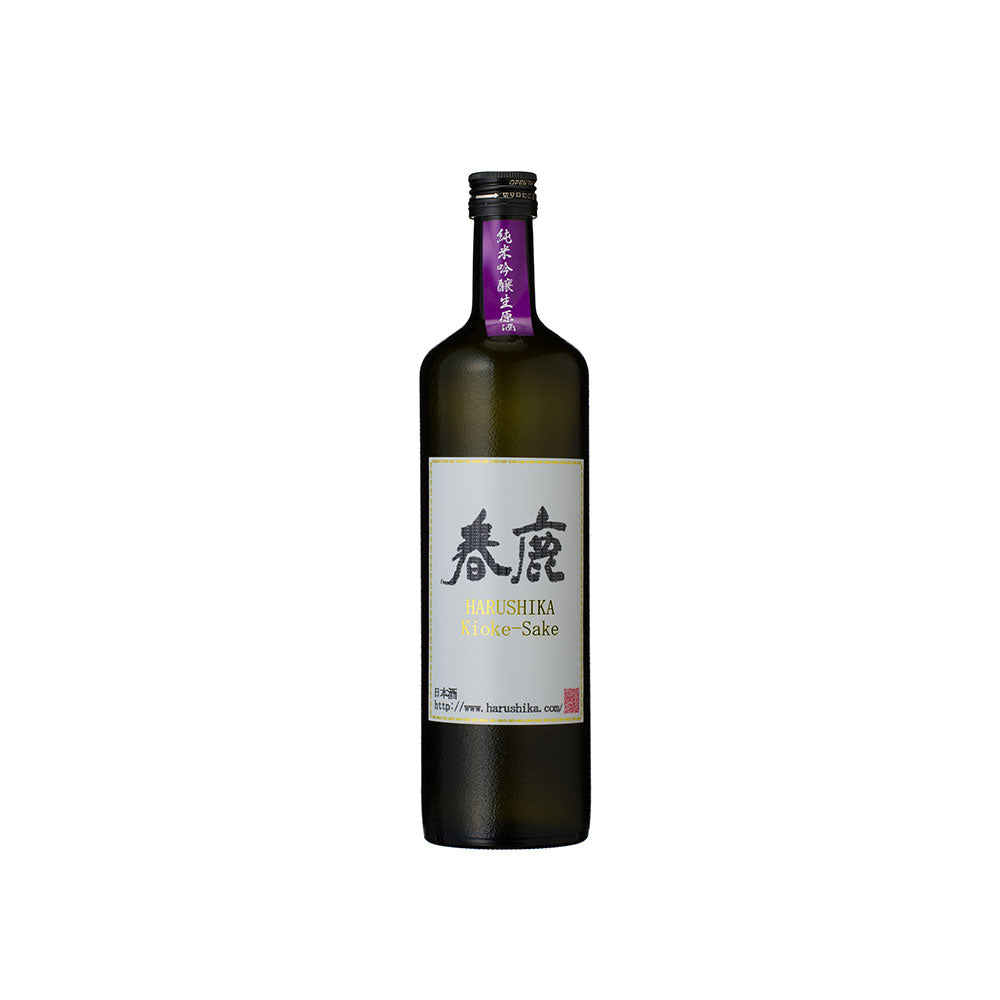-
 >
>
- Product list >
- Harushika Kioke-sake ver.01 Junmai-ginjo unpasteurized undiluted (720ml)
Harushika Kioke-sake ver.01 Junmai-ginjo unpasteurized undiluted (720ml)
詳しく見る
- *All prices shown are the product prices from the Japanpage:.
- *Product price can be shown in multiple currencies as reference values.
- *Payment should be made in Japanese yen.
- *After filling in delivery address, grand total (product price + shipping cost (packing + shipping + insurance) +tariffs & taxes) will be shown on the shipping cart page.
- *All prices shown are the product prices from the Japanpage:.
- *Product price can be shown in multiple currencies as reference values.
- *Payment should be made in Japanese yen.
- *After filling in delivery address, grand total (product price + shipping cost (packing + shipping + insurance) +tariffs & taxes) will be shown on the shipping cart page.
"Harushika Kioke-sake ver.01 Junmai-ginjo, unpasteurized undiluted" is a Junmai Ginjo that uses the king of brewer's rice, 「Yamadanishiki」, polished to 55%, and brewed with the traditional brewing method, Kiokejikomi (a brewing technique that uses wooden barrels). Nara is the birthplace of Japanese sake and also wooden barrels. From 2005, we revived Kiokejikomi and produce the sake in small quantities. Kiokejikomi takes much more effort than metallic tanks but produces sake with a unique scent and flavor. In pursuit of flavor that exceeds the previous year, rich smell, delicious rice, and sweetness are all put in the sake. Enjoy the exquisite harmony of flavor unique to Kiokejikomi, giving you gorgeous aroma and refined flavor.
Pairing food proposed from Vendor
Since the sake has a rich smell, it goes well with meals that use Shiso (Japanese basil), Japanese pepper tree buds, Japanese pepper, basil, herbs, and plums. It also has a rich flavor, so it goes well with rich flavored meals with ginger accents. Good combinations: grilled crabs, shrimp dumplings, sake-steamed clam (with Japanese pepper buds), bamboo shoots dressed with Udo tree buds, local chicken grilled with yuzu pepper, slightly boiled pike conger covered with plums, and squid dressed in fresh ginger
About "Harushika"
At the birthplace of Japanese sake, Nara, we continue to pass on the high-quality sake brewed using the traditional method, "Nantoshohaku", to this day. Polishing carefully selected brewer’s rice to a high degree and brewing, we made light tasting and mildly textured sake with a gorgeous smell and a crisp finish.
Recommended temperature
- Atsukan (50 - 55℃)
- Jokan (45 - 50℃)
- Nurukan (30 - 40℃)
- Room temperature (15 - 20℃)
- Hanabie (10℃)
- Yukibie (5℃)
Type


Tag
Appearance
-
Clarity
Transparency
Hazy
-
Colour
Colorless
Dark brown
-
Intensity
Water
Deep
Nose characteristics
-
Intensity
Low
Strong
Taste characteristics
-
Light / Body
Light
Body
-
Sweet / Dry
Sweet
Dry
-
Simple / Complexity
Simple
Complexity
-
Acidity
Low
High
-
Umami
Low
High
-
Finish
Low finish
Long finish
Aroma and flavor
Detailed information
| Volume | 720ml |
|---|---|
| Size (L W H) | 7.5 x 7.5 x 29.0 cm |
| Weight | 0.9kg |
| Ingredients | Rice, Rice koji, Water |
| Region | Nara |
| Alcohol content | 17%vol. |
|
Sake Meter Value
|
-5 |
|
Acid level
|
2.1 |
|
Polishing ratio
|
55% |









